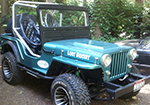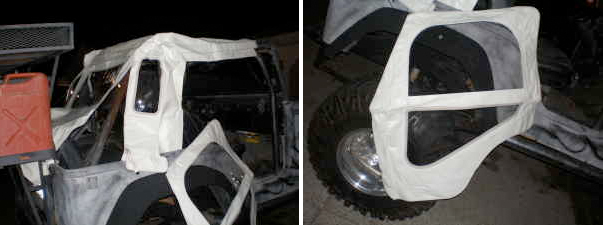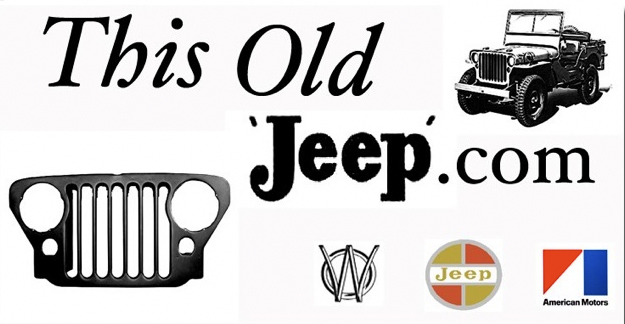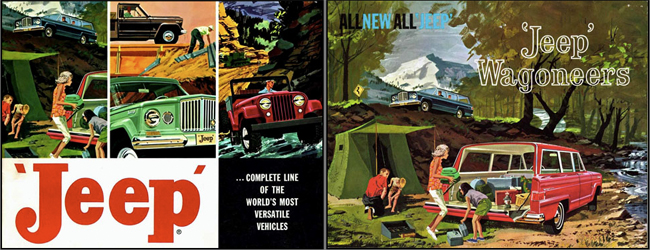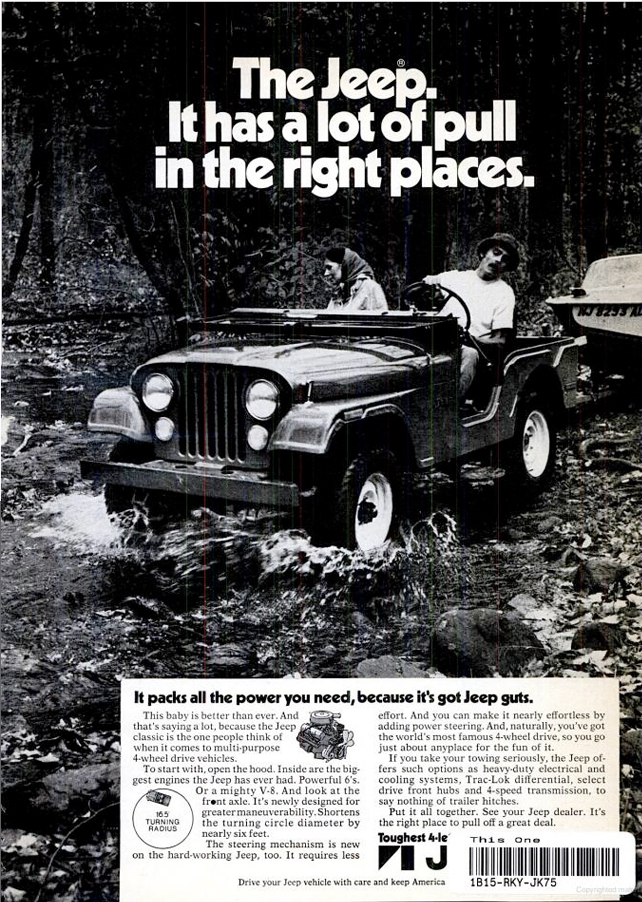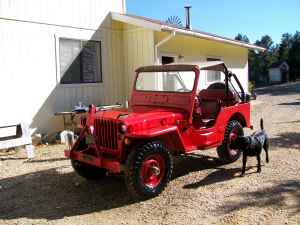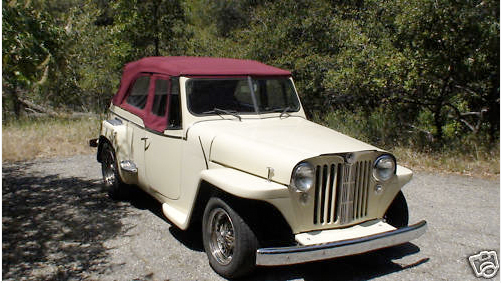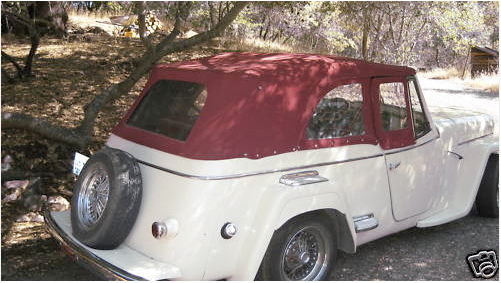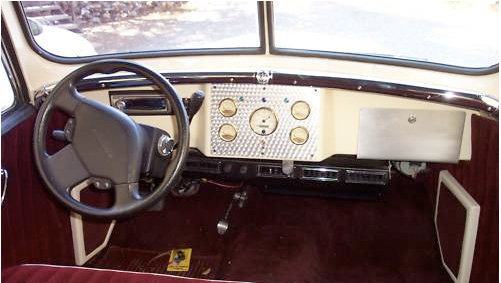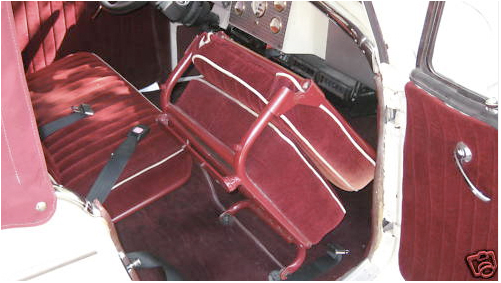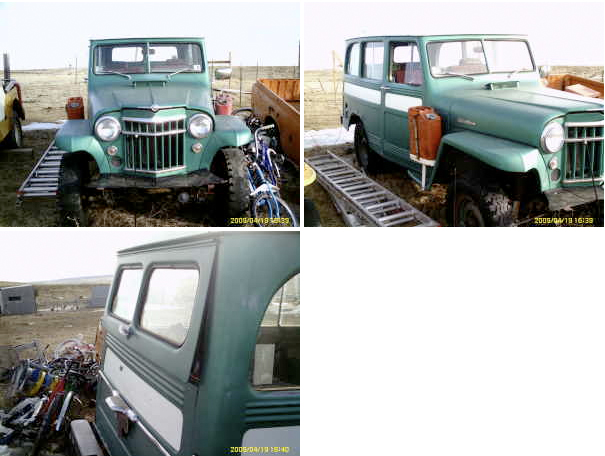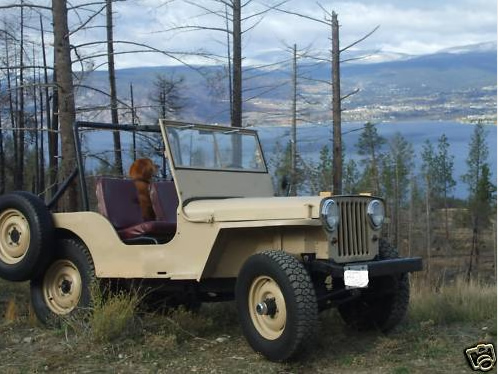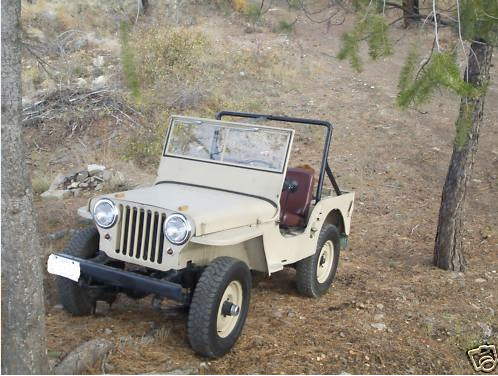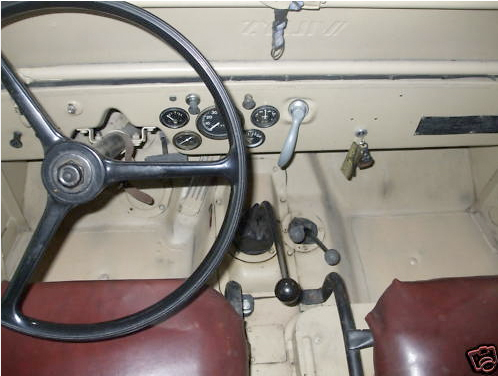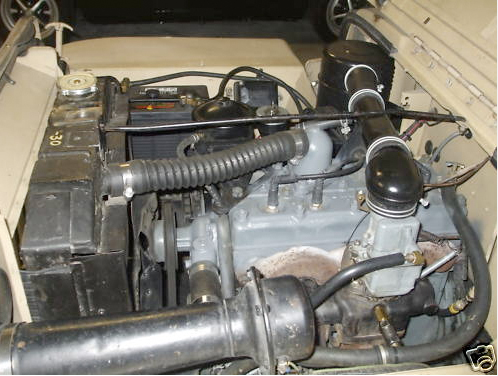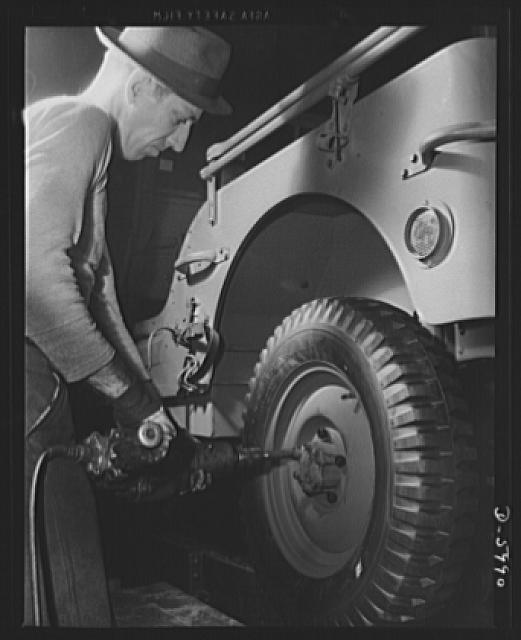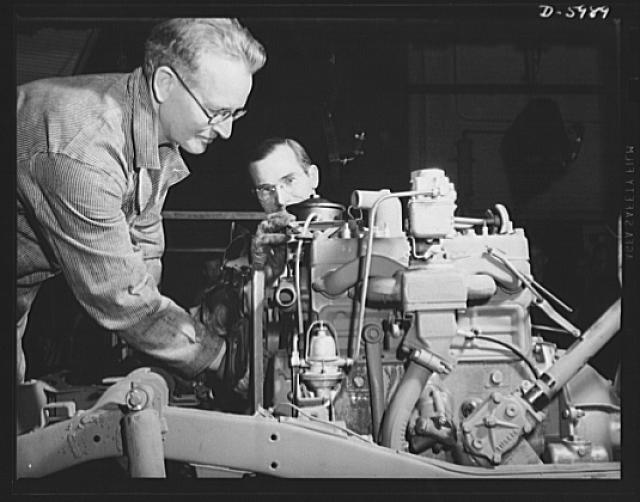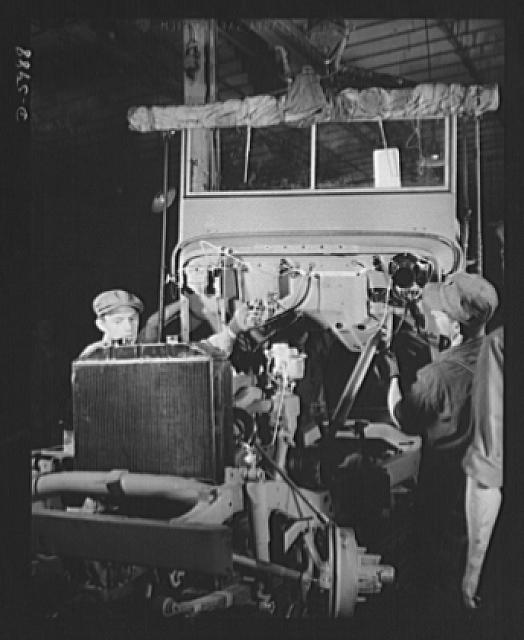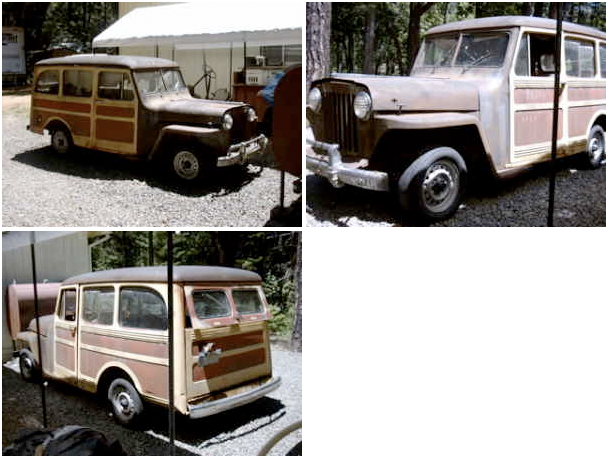 UPDATE: (01/29/09) I wanted to thank Gary Wolf, the writer of the article, for responding to my email to him. He told me he has forwarded the correction to the editors of Wired.
UPDATE: (01/29/09) I wanted to thank Gary Wolf, the writer of the article, for responding to my email to him. He told me he has forwarded the correction to the editors of Wired.
Yes, I read the same thing and about choked on my dinner. That statement was published in Wired Magazine’s most recent issue, February of 2010 page 29. (and yes, the writer of the story got a note from me)
In his effort to defend his theory that the internet was pretty dead in terms of launching new, wildly successful companies, Peter Thiel, co-founder of Pay-pal and the first investor in Face Book (yes, he’s done well financially, which in Silicon Valley turns you into a soothsayer — yes, I used to work there … ) used the history of the automobile as an example of how all booming industries support fewer and fewer wildly successful startups over time.
Now, I’m not quibbling with his general argument, but he seriously undermines his credibility with one of the biggest inaccuracies regarding the Jeep that I think I’ve seen published. To quote him accurately, he states “But the last successful car company started in the US was Jeep in 1941.” …. yeah … right.
I mean, it’s not like he’s off by a year or something; instead he’s wildly off the mark in multiple directions. For starters, American Austin (called Bantam later) was launched in 1929, Willys Overland was originally called Overland and launched in 1903, and Ford was launched in 1903. Secondly, no one company build the early jeeps. In addition, no company was called Jeep until 1962 when Kaiser became Kaiser-Jeep. We could even get picky, such as Bantam built the first jeep in 1940 rather than 1941. And, I’m sure we could go on, but I think the point is made.

